The color changes reflect significant shifts in essential marine ecosystems. Continue reading The ocean’s color is changing as a consequence of climate change
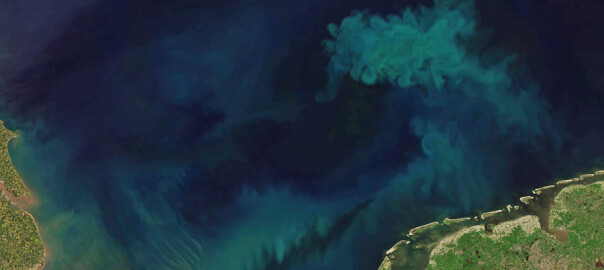

The color changes reflect significant shifts in essential marine ecosystems. Continue reading The ocean’s color is changing as a consequence of climate change
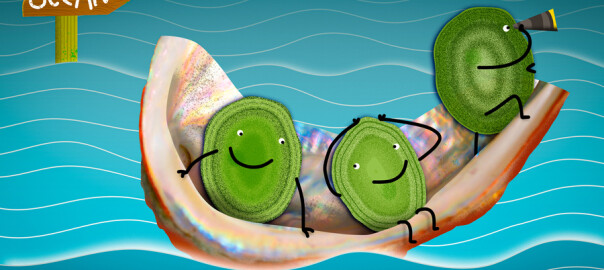
A new study shows the carbon-capturing phytoplankton colonized the ocean by rafting on particles of chitin. Continue reading Like ancient mariners, ancestors of Prochlorococcus microbes rode out to sea on exoskeleton particles
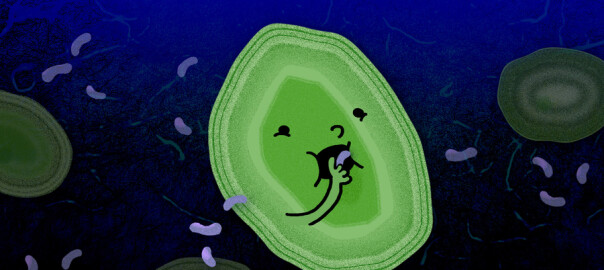
Up to one-third of the carbon consumed by Prochlorococcus may come from sources other than photosynthesis. Continue reading Ocean microbes get their diet through a surprising mix of sources, study finds
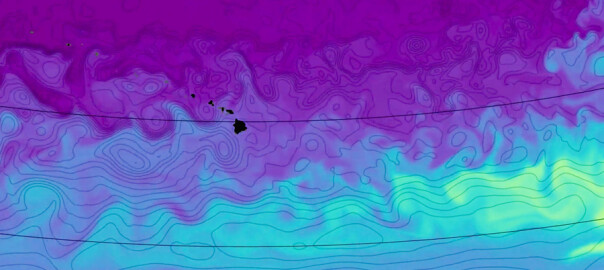
Swirling waters replenish nutrients in open ocean, a new study finds, and could mitigate some climate change effects. Continue reading Small eddies play a big role in feeding ocean microbes
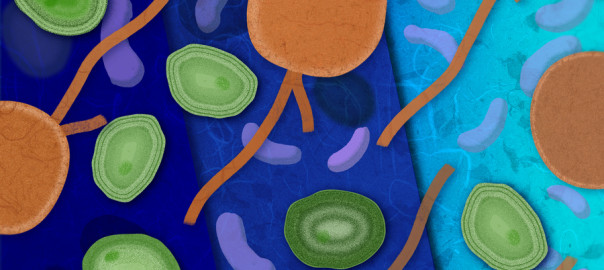
According to CBIOMES researchers, predator interactions chiefly determine where Prochlorococcus thrive – a finding that may help researchers hone predictions for where phytoplankton will migrate with climate change. Continue reading Plankton’s Place
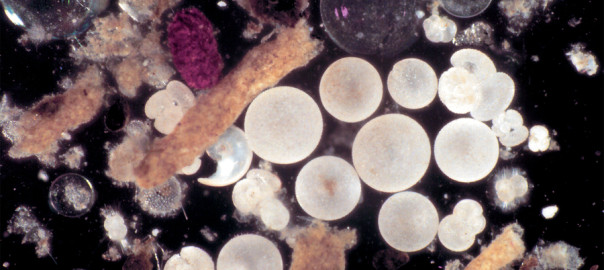
Climate projections could be off by five years, Darwin Group researchers find. Continue reading Study reveals uncertainty in how much carbon the ocean absorbs over time
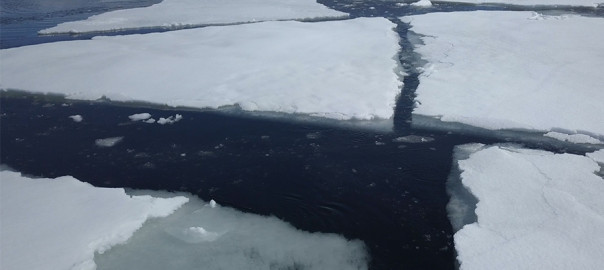
Study from researchers in MIT’s Darwin Project suggests sea ice blocks the flow of carbon both into and out of the ocean, in roughly equal measure. Continue reading Antarctic sea ice may not cap carbon emissions as much as previously thought
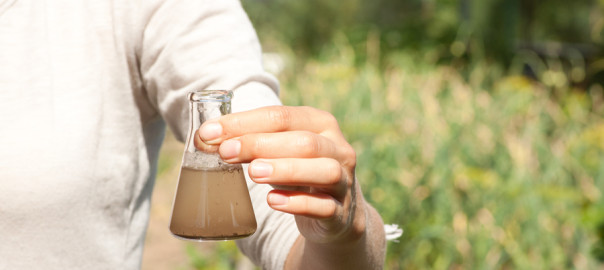
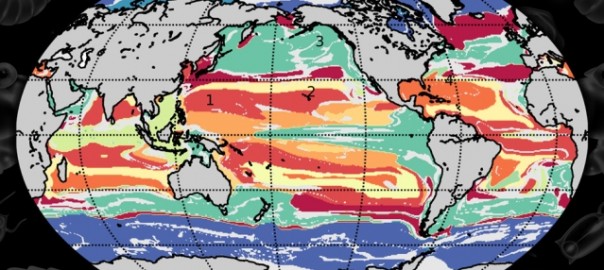
Technique developed by MIT-CBIOMES investigators could aid in tracking the ocean’s health and productivity. Continue reading Machine learning helps map global ocean communities
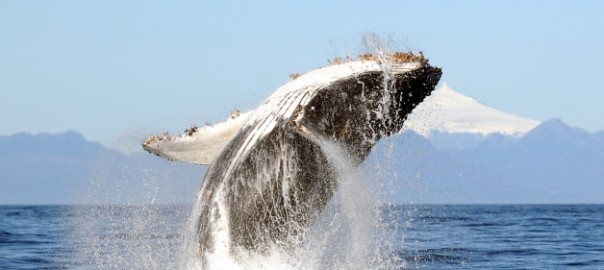
Committing to aggressive conservation efforts could rebuild ocean habitats and species populations in a few decades. Continue reading 3 Questions: Greg Britten on how marine life can recover by 2050